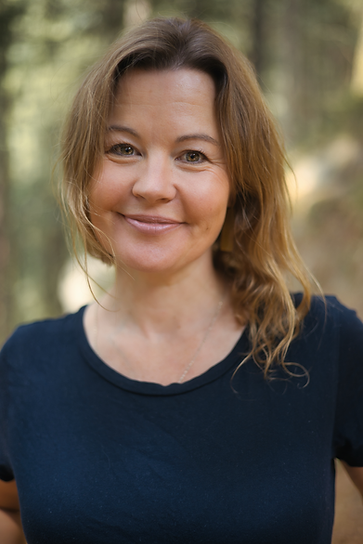Skye Dobson Consulting
Bridging the impact gap

Skye Dobson
I grew up in a small country town in Australia and started exploring the world soon after high school. A few years later, I found myself in New York, where I completed undergraduate and graduate studies in African Studies and Urban Development.
After graduating, I moved to Uganda and joined a small NGO supporting a powerful slum dweller movement. I started as an intern and, within two years, became Director. My time in Uganda was transformative. I was awed by the community organisers I worked alongside. Their humility, dedication, and skill in building collective action from the ground up taught me what real leadership looks like. Watching them support communities to strategise, resolve conflict, and take action was more inspiring and instructive than anything I’d learned in a classroom. It was also where I began to truly understand the politics of development—not only through direct government engagement, but also in learning how to craft strategies and tactics for engaging different actors in different ways to advance the agendas of marginalised communities. We worked long hours with few resources—for a period from my house when we couldn’t afford office space. We traveled a lot and stayed in some of the worst hotels I’ve ever known. We lived through a horrific car accident. We rapidly scaled the movement's scale and influence. We were celebrated. We were threatened. We laughed all the time. It was challenging, joyful, and deeply human work—and it shaped everything I bring to my practice today.
After four years in Uganda, I joined the global secretariat of Slum Dwellers International (SDI), based in South Africa. There, I had the privilege of working with SDI’s global council of federations—a rare example of true community-led governance on a global scale. I spent time with grassroots federations across Africa, and also undertook short stints in India and the Philippines, constantly switching between supporting local processes and aggregating those insights into global strategy, programming, and learning systems. That period deepened my respect for the wisdom, courage, and clarity that grassroots organisers bring to the table. There’s a frankness—some might call it irreverence—that comes from working with these movements. They’ll call you out for using “big English” or straying from your mandate. It keeps you honest. And over time, you start doing the same in other rooms—naming the power dynamics, challenging jargon, and asking harder questions. This grounding shaped not just how I work, but who I am. I take real pride in that frankness, and in the humility and integrity it takes to hold space across vastly different worlds while staying accountable to those most impacted by the work.
After a sabbatical, I moved into consulting—not without hesitation. I wasn’t sure how I’d feel stepping away from full-time, embedded work. I worried the work might feel less meaningful, or that I’d become the kind of fly-in, fly-out consultant I had seen too often—parachuting in with ready-made answers and little connection to context or the people doing the work. I was also cautious about being positioned as an “expert.” After years of championing collective wisdom, it felt at odds to step into a role that so often assumes authority. But I quickly found that my consulting practice could reflect the same deeply held values that shaped my work with grassroots movements: humility, collaboration, and a commitment to listening. What surprised me most was that consulting created the space I had so often craved in leadership and program roles—the space to step back, see the system more clearly, connect ideas across organisations, and offer reflections that strengthen collective processes. I don’t work with generic tools or prescriptive frameworks. I listen—deeply—as I was taught to in Uganda. And I co-create with those who are closest to the work, and who will carry it forward long after I’ve left the room.